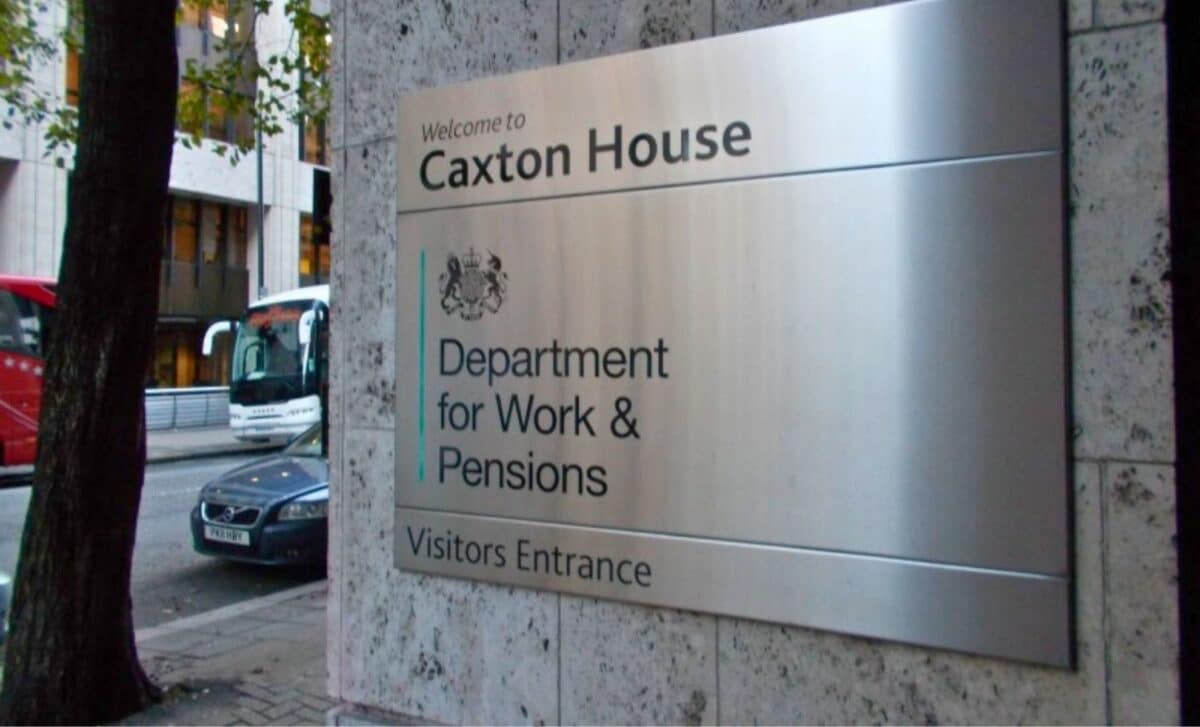The Department for Work and Pensions (DWP) has released a “checklist” for persons transitioning from PIP to Adult Disability Payment in the midst of a disability benefit crackdown.
DWP Issues Transition Checklist for Claimants Shifting from PIP to ADP
The DWP, which is working on a green paper to explore the prospect of new PIP guidelines, is shifting claimants to ADP in Scotland.
Existing PIP claimants are not required to file an ADP claim and will be notified well in advance of the planned transition. The letter also explains what claimants should do before moving, throughout the move, and after the process is complete.
The DWP explains that it will continue to administer your benefit until the move is completed, will pay you at the same PIP rate, and will not evaluate your PIP.
According to the DWP, Social Security Scotland will examine your ADP award following the move.
The DWP adds in its checklist that if your phone number or bank account changes during the transfer, you should notify the agency as soon as possible. According to the DWP, changes will be transmitted to Social Security Scotland.
You must continue to notify the DWP of any new changes to your health, disability, or needs, as well as any changes to your personal information, such as your address, bank account, and home or mobile phone numbers. The DWP clarifies: “Social Security Scotland may need to call you, so make sure the DWP has the right contact details..”
After the DWP completes the transfer, it explains that “Social Security Scotland will write to you to tell you that your award has moved to ADP”. It further states that “Social Security Scotland will tell you how much money you will be paid.”
You may apply for Adult Disability Payment if you have a disability, a long-term physical or mental health condition, or a terminal disease.
If You’re Receiving Other Benefits
According to the letter from Social Security Scotland, the transition to Adult Disability Payment will have no impact on your eligibility for linked benefits and services from other agencies such as HMRC, DVLA, or your local council.
“However, if you get any other benefits, you need to tell each provider about the move to make sure you stay in payment.”
This guidance is repeated on mygov.scot.
The three-month period between notification of a case transfer should be sufficient time to report the change to the relevant department and guarantee a smooth transition with no payment interruptions. The list below provides an idea of who you should contact; full details are available at mygov.scot.
It’s also worth remembering that once you receive the letter from Social Security Scotland, you’ll receive a similar one from the DWP confirming the intended relocation.
When to Contact Your Local Council
You must notify your local council of the move if you receive:
- Housing Benefits.
- Council tax reductions.
- Council Tax Exemptions.
When to Contact the DWP
The advise also states that you must call the DWP to inform them of the move if you receive:
- Universal Credit.
- Income Support.
- Pension Credit.
- Job Seeker’s Allowance (JSA).
- Employment and Support Allowance (ESA).
When to contact HMRC
You only need to inform HMRC if your disability payment rate changed during the move and you receive either:
- Child Tax Credit
- Working Tax Credit
Carer’s Allowance
If you receive Child Disability Payment and your carer receives Carer’s Allowance, you are not required to contact anyone. The DWP will provide this information to the Carer’s Allowance Unit.
If you receive Adult Disability Payment and your carer receives Carer’s Allowance, you should contact the Carer’s Allowance Unit. You should notify them that your disability payment has been transferred to Social Security Scotland, as this information will not be transmitted automatically.
You can contact the Carer’s Allowance Unit through GOV.UK.









